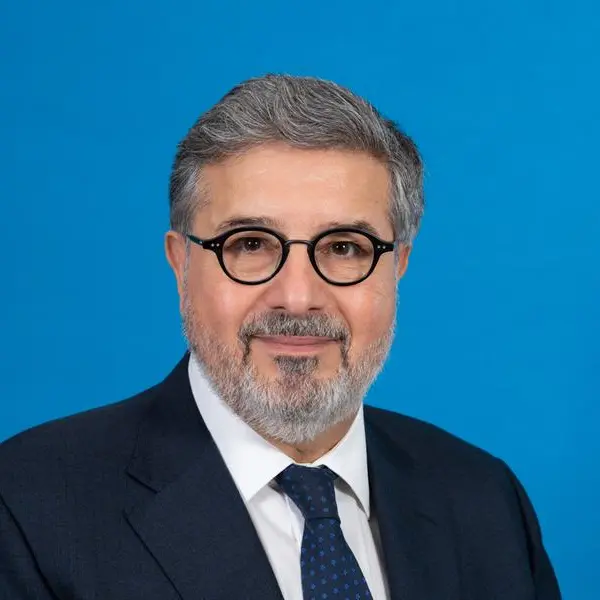PHOTO
Cairo: On the occasion of World Migraine Awareness Week, Pfizer Egypt - for Pharmaceuticals and Biopharmaceuticals - celebrates this international event in cooperation with the Egyptian Society of Neurology, Psychiatry and Neurosurgery. Pfizer is keen to adopt an annual campaign to raise awareness of Migraine disease, its causes and ways to reduce its complications that affect the patients’ quality of life.
According to the WHO estimates1, only 40% of people with migraines are diagnosed with a specialized scientific method. Misconceptions about migraines being “just” a headache often led to patients ignoring the symptoms. Studies have shown that there is a lot of misinformation about migraine. Based on recent studies, 79% of migraine patients are aware of the disease triggers. However, Migraine is not properly diagnosed in several countries around the world, that’s why Pfizer collaborates with healthcare professional to spread awareness about the best medical practices for early diagnosis and treatment of migraine patients.
“Poor treatment increases headache attacks, which hinders patients from living their life normally. Migraines may affect patients before the age of 25 and continues during the patients’ most productive years, which then decreases gradually after the age of 50. Based on studies, there are approximately one billion migraine patient around the world,” said Dr. Mona Nada, Professor of Neurology, Cairo University.
‘’Usually, chronic migraine patients suffer from attacks daily or 3 to 4 times a week, accompanied by sensitivity to sound and light, nausea, and chronic headaches in certain areas in the head and around the eyes. Certain habits may increase migraine attacks like excessive smoking, coffee, malnutrition, sleeping irregularly, anxiety and stress.” adds Dr. Osama.
“The best way to control migraines is by changing the patient’s lifestyle including following a healthy diet and exercising. Migraine patients must avoid stress, drink enough water daily, keep regular sleeping hours, and take the medications recommended by the doctor. Recently, a therapeutic breakthrough was approved after scientists succeeded in creating medications that secrete the anti-CGRP monoclonal antibodies responsible for migraine, which prevents migraine attacks. These treatments will help reduce attack incidences, which is considered a major advance in the treatment of migraines,” says Dr. Amr Hassan, Professor of Neurology, at Cairo University.
It is worth noting that migraine is a chronic disease that mostly affects women more than men by a ratio of 3 to 1. Severe and recurring pain of chronic migraines may affect patients’ lifestyle and daily routine.
“At Pfizer, we are keen to raise community awareness of the disease and the importance of early detection to reduce health complications. Migraines do not only impose a health burden, but they also have an economic impact on countries around the world, as statistics have shown that the period of patients being unable to work during the occurrence of migraine attacks may reach approximately 45 million years 3", explains Dr. Essam El-Naggar, Regional Medical Director at Pfizer Egypt, Levant and Iraq.


















